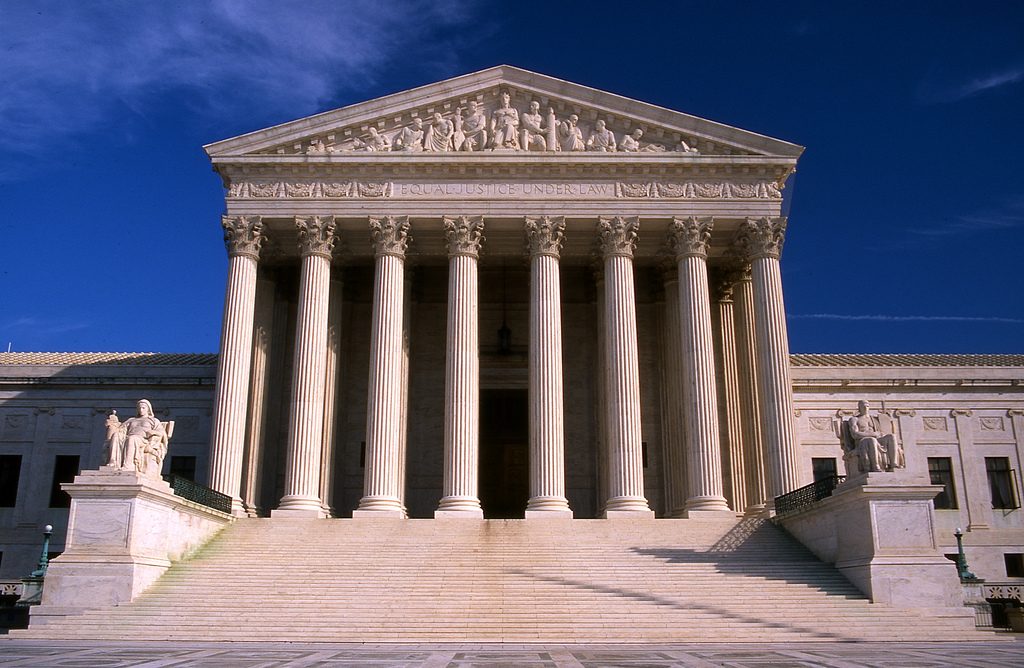Are public employers in Minnesota complying with the Janus ruling? Employers should immediately stop deducting “fair share” fees.

The High Court ruled last Wednesday that employees who are nonmembers of the union now must give their affirmative consent before any fees may be deducted from their paycheck. Nonmembers by definition have not given their affirmative consent.
Fair Share Fee Payers. This means that employees who declined to join the union, but who were forced to pay “fair share” fees, no longer should be charged those fees. Their employer should immediately cease to deduct any fee to a workplace union.
We have talked to a few teachers; when they called their school district they were told that the school would stop deducting fair share fees immediately. (You should call, too. And it does not hurt to send a follow up letter–and check your pay stub!)
Employees who are members of the union now have the option to become nonmembers, and thus stop paying dues to the union. (More on that later; for now, look at your union card for the terms. If you do not have it, get a copy.)
Governor Dayton and his administration issued statements following the High Court’s ruling last week in Janus v Afscme. Governor Dayton called the ruling that restored the First Amendment rights of public employees, “appalling.”
He went on the say: “The benefits provided by a union to employees who elect not to join it are enormous…It is only fair that they should share in paying for the benefits that they receive.”
The problem, Governor Dayton, is that the Court said the old “free rider” arguments “are insufficient to overcome First Amendment objections…” The Court noted that it was unions who demanded that they be the exclusive bargaining agent, thus creating the free rider problem in the first place. Both Mark Janus and Rebecca Friedrichs said they did not see the contracts negotiated as a benefit, and that they were forced-riders for decades.
His commissioner Myron Frans said, “The Supreme Court’s decision today in the case of Janus v. AFSCME was surprising in its determination that fair share union fees paid by public employees who are not members of their bargaining units violates the U.S. Constitution.” (emphasis added) And said he was working with the unions to figure out what was next. Why the unions? Agency fee payers are not members of the union.
Commissioner Frans statement is odd; all the government unions and commentators, left and right, we are familiar with, full expected Janus to win. No surprises there so why characterize it that way?
I have heard from a smattering of public employees; some are having problems with their employer (the employer incorrectly tells them to contact the union), while others have heard that their employer has indeed ceased to deduct fees from their paycheck. Good.
So, I checked with Commissioner Frans this morning, asking about compliance. Here is what I was told:
Commissioner Frans made it very clear that MMB will take steps necessary to comply with the law. MMB has jurisdiction over payroll processing for employees of Minnesota state government entities. MMB does not have jurisdiction over other public sector employers and does not have the authority to issue directives to them on this subject.
Here is how I replied:
I understand the authority issue but thought the Governor might take the lead issuing guidance to counties and municipalities since it is his job to see that the law is fully executed in the State of Minnesota.
Do you have a copy of the directive issued by MMB to state employers so that I can quote it?
It may not be safe to assume that all public employers are aware of the Janus requirement that employees who are nonmembers of the union now have to give their affirmative consent before any fees may be deducted from their paycheck.
Other states, when right to work was adopted, sent out directives to all public employers, and some even set up websites and workplace notices to clarify the law and procedures for employees who wish to exercise their rights. Minnesota may wish to do the same to avoid frustrating employees and further litigation.
Agency fee payers should not have to contact their employer; it is the employer’s job to comply with the law. But in an abundance of caution, employees may wish to confirm (phone call and letter) that their employer has stopped deducting fees.
Second, agency fee payers do not have to contact the union because they are not members of the union; they are not in contract with them. (But it does not hurt to copy them on the letter if you send one to an employer.)
- Minnesota K-12 teachers can find more information at “Educated Teachers MN” at http://www.educatedteachersmn.com and sign up for email alerts.
- All other public employees should go to a national site called “My Pay, My Say” at https://www.mypaymysay.com and sign up for email alerts.
